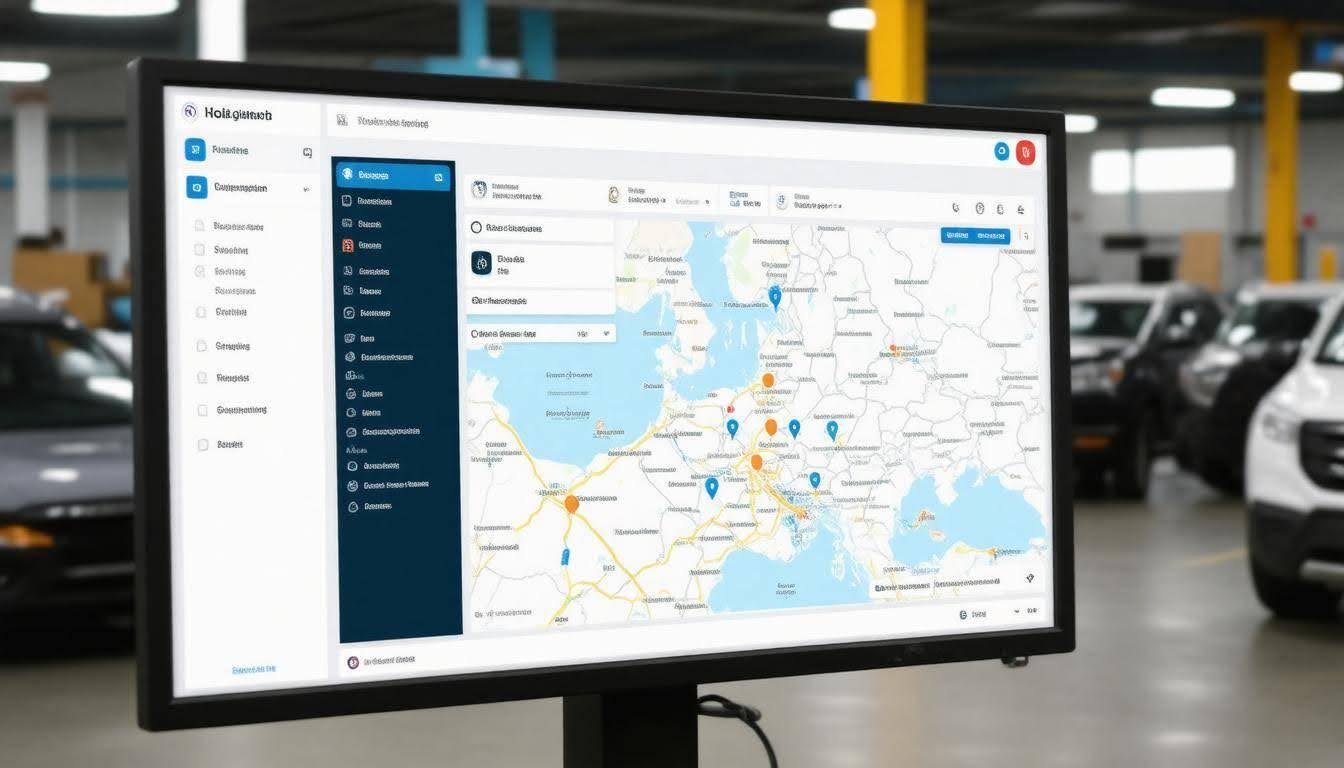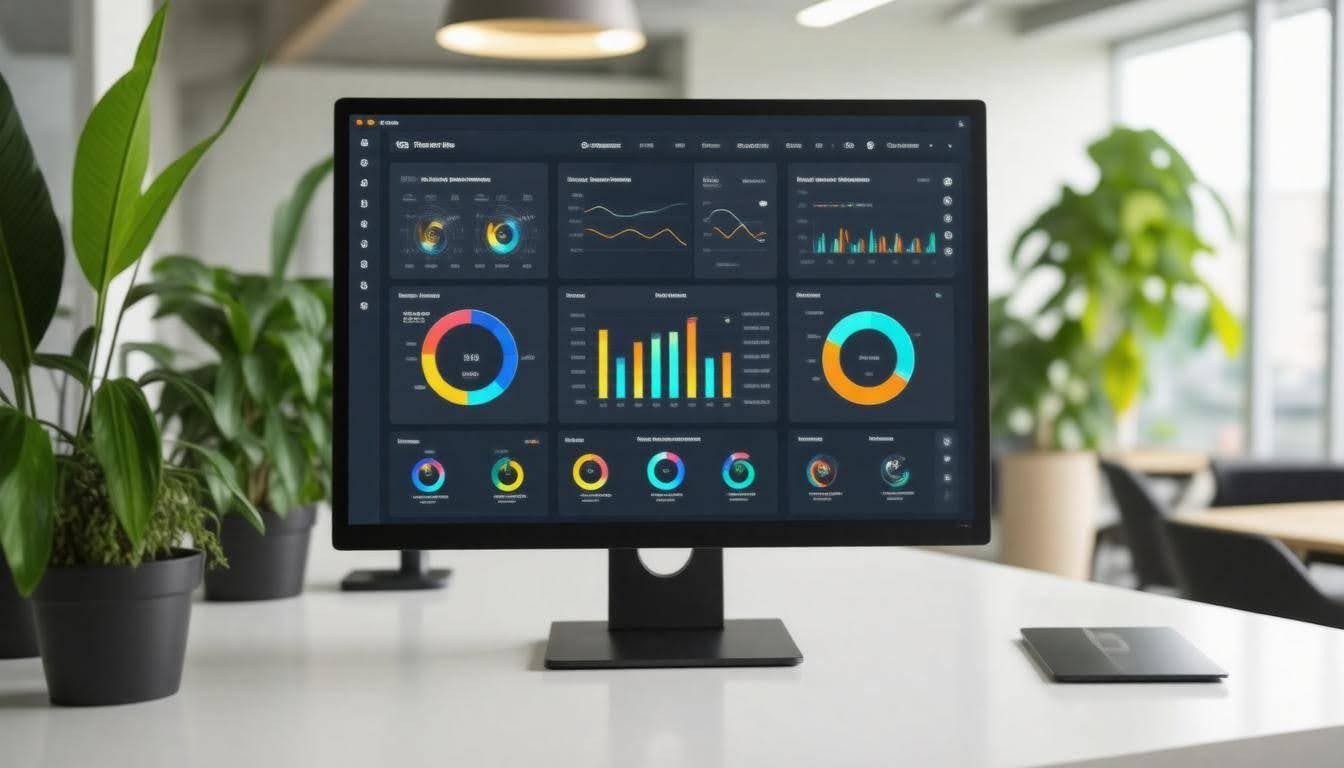
Fleet Fuel Cards and Fleet Management Software: Vehicle Fleet Efficiency and Cost Savings
Fleet fuel cards enhance efficiency when paired with fleet management software by streamlining fuel expenses, providing detailed transaction reporting, and enabling real-time monitoring of spending. This integration ensures better control over fuel costs, reduces fraud risk, and allows for informed strategic decision-making based on comprehensive analytics of fleet operations. The use of fleet cards can be layered with purchase controls to ensure that fuel transactions adhere to set policies and usage patterns.






